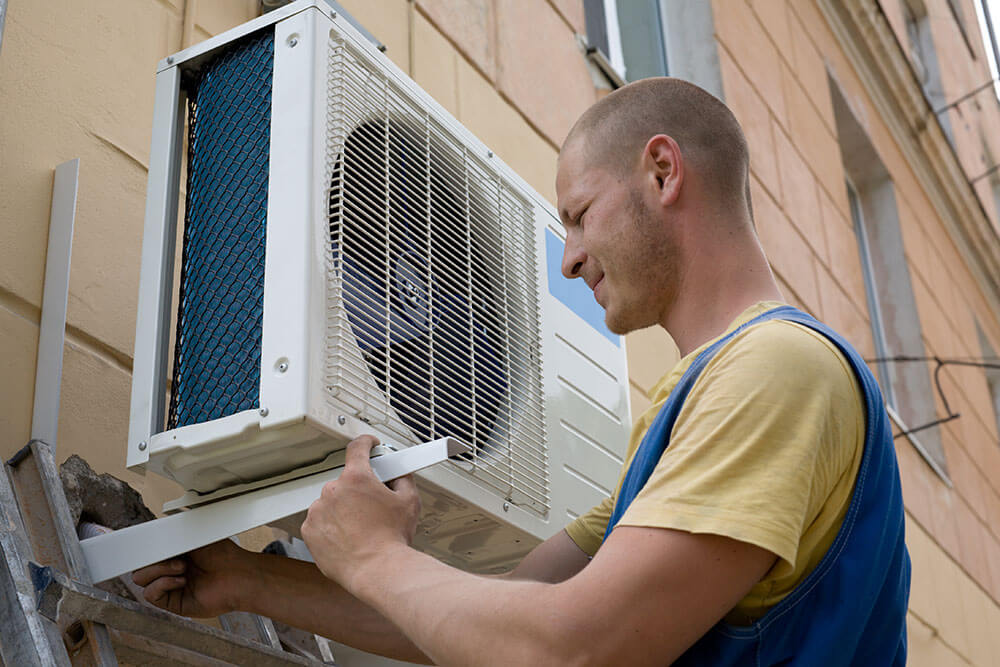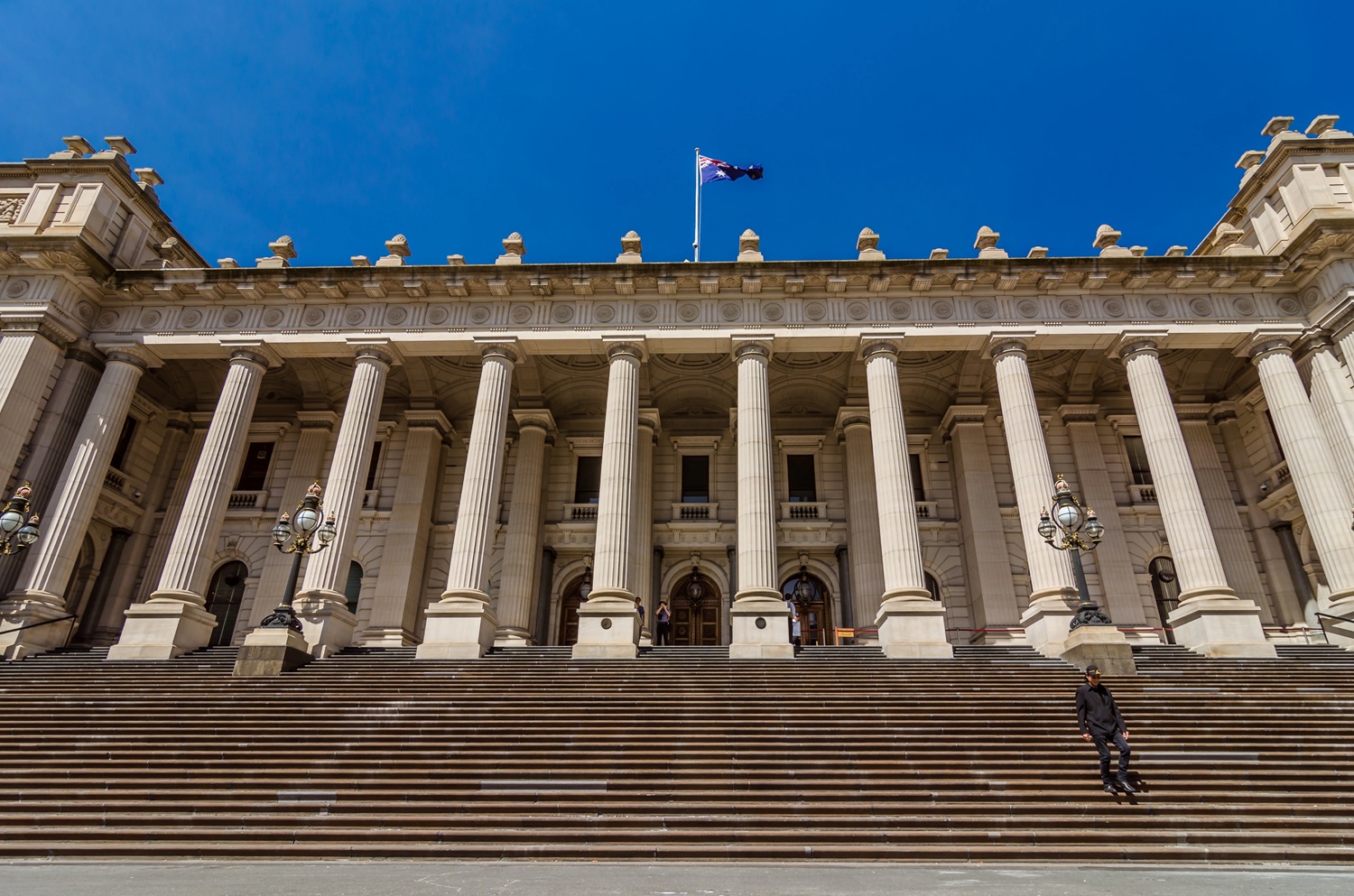Preparing Now: How Rental Providers Can Future-Proof Their Properties
From 1 March 2027, new minimum energy efficiency standards will come into effect for rental properties in Victoria. These reforms are designed to improve the quality of housing stock across the state, helping renters enjoy more comfortable homes while reducing energy use and household emissions.
For rental providers, it’s important to be across these changes now so you can plan ahead and budget for any upgrades that may be required.
What’s Changing and When
From 1 March 2027
-
Heating and Hot Water Systems
If an existing system permanently fails, it must be replaced with an energy-efficient model. -
Ceiling Insulation and Shower Heads
At the start of a new rental agreement (or conversion to month-by-month), properties must have:-
4-star rated shower heads
-
Ceiling insulation in spaces where none currently exists
-
-
Cooling in Main Living Area
For new agreements, rental providers must install:-
A 3-star fixed energy-efficient cooling appliance, or
-
A 2-star equivalent central cooler.
If there’s already a fixed non-efficient system, it must be upgraded when it reaches end-of-life.
Future requirement: By 1 July 2030, all rental properties must have energy-efficient cooling in the main living area – regardless of lease commencement date.
-
From 1 July 2027
-
Draughtproofing
At the start of new rental agreements, or conversion to month-by-month, all external doors, windows and unsealed wall vents must be draughtproofed.
Rebates Available
The Victorian Energy Upgrades program will provide rebates to help offset the costs of meeting these standards. Rebates for ceiling insulation are expected to be available by early 2026, giving rental providers time to prepare for compliance.
Exemptions
Certain exemptions apply where compliance is not practical or would create unreasonable costs. For example, properties within apartment complexes where heating, cooling or hot water is supplied via centralised systems. A full list of exemptions is set out in Schedule 4 of the regulations.
What This Means for Rental Providers
These reforms will affect most rental properties over the coming years. As a rental provider, it’s wise to:
-
Review your property’s current systems now
-
Plan for potential replacements or upgrades before 2027
-
Take advantage of rebates as they become available
-
Factor compliance costs into your long-term investment planning
Being proactive will help you avoid surprises when these regulations take effect and will ensure your property remains attractive to renters who value comfort and efficiency.
Our Team is Here to Support You
At The Coast, we understand that navigating new compliance standards can feel complex. Our property management team is here to guide you through each step, from identifying what upgrades your property may need, to helping you take advantage of available rebates, and ensuring your rental remains both compliant and competitive. By planning ahead now, you’ll not only meet the new energy efficiency standards with confidence but also enhance the long-term value and appeal of your investment.



